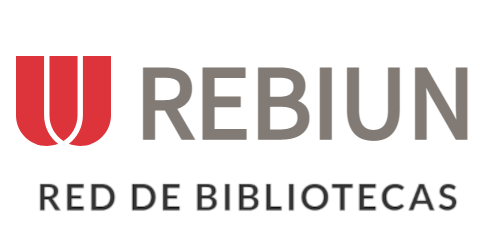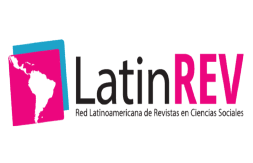Traditional Game as a Strategy for English Vocabulary Acquisition in Children with Montubio Cultural Influence
DOI:
https://doi.org/10.69639/arandu.v12i4.1660Palabras clave:
traditional game, vocabulary acquisition, cultural identity, English teachingResumen
This study examines how the traditional Ecuadorian game La Olla Encantada serves as a culturally meaningful strategy for supporting English vocabulary acquisition in children with Montubio cultural influence. A mixed-methods action research design guides the process. The intervention takes place in a rural public school on the Ecuadorian coast and involves 27 children aged seven to 10 years old. Over the course of six weeks, students participate in engaging activities, crafts, role-plays, and collaborative games centered on vocabulary related to colors, animals, food, nature, and action words. Quantitative data, collected through pre- and post-tests, demonstrate a statistically significant improvement in vocabulary acquisition (p < 0.001). At the same time, qualitative insights from visual narratives and classroom observations reveal increased motivation, oral participation, and emotional connection to the English language and its cultural roots. This experience enhances language learning and nurtures cultural identity and engagement. The study emphasizes the value of integrating cultural elements into diverse educational contexts to enrich children’s linguistic and emotional development. It also underscores the teacher’s key role in adapting instruction to students’ sociocultural realities, creating a more inclusive and meaningful learning environment.
Descargas
Citas
Adam, H. (2021). When Authenticity Goes Missing: How Monocultural Children’s Literature Is Silencing the Voices and Contributing to Invisibility of Children from Minority Backgrounds. Education Sciences, 11(1), 10-11. https://doi.org/10.3390/educsci11010032
Ardila-Barragán, J. N. (2022). Juegos tradicionales: Aportes al desarrollo sociocultural en contextos educativos rurales. Revista digital: Actividad Física y Deporte, 8(1), 7-9. https://doi.org/10.31910/rdafd.v8.n1.2022.2152
Barrionuevo Villacrés, J. A., Cajamarca Farez, L. S. ., Guijarro Paguay, S. L. ., & Chicaiza Calle, C. O. (2021). Metacognitive strategies for the development of teaching vocabulary in English . Horizontes. Revista De Investigación En Ciencias De La Educación, 5(19), 657–667.
Braun, V., & Clarke, V. (2006). Using thematic analysis in psychology. Qualitative Research in Psychology, 3(2), 77-101. https://doi.org/10.1191/1478088706qp063oa
Brown, H. D. (2004). Language assessment: Principles and classroom practices. Pearson Education.
Cohen, L., Manion, L., & Morrison, K. (2018). Research Methods in Education (8th ed.). London: Routledge. https://doi.org/10.4324/9781315456539
Comboni Salinas, S., & Juárez Núñez, J. M. (Eds.). (2020). Interculturalidad y diversidad en la educación: Concepciones, políticas y prácticas (Primera edición). Universidad Autónoma Metropolitana, Unidad Xochimilco, División de Ciencias Sociales y Humanidades.
Constitución de la República del Ecuador. (2008). Constitución de la República del Ecuador https://www.asambleanacional.gob.ec/sites/default/files/documents/old/constitucion_de_bolsillo.pdf
Creswell, J. W., & Creswell, J. D. (2017). Research design: Qualitative, quantitative, and mixed methods approaches (5th ed.). Sage Publications.
Kemmis, S., & McTaggart, R. (2000). Participatory action research: Communicative action and the public sphere. In D. Denzin & Y. Lincoln (Eds.), Handbook of qualitative research (2nd ed., pp. 567-605). Sage.
Publicado
Cómo citar
Número
Sección
Licencia
Derechos de autor 2025 Karla Rashell Barragán López, Jardel Coutinho Dos Santos

Esta obra está bajo una licencia internacional Creative Commons Atribución 4.0.





















